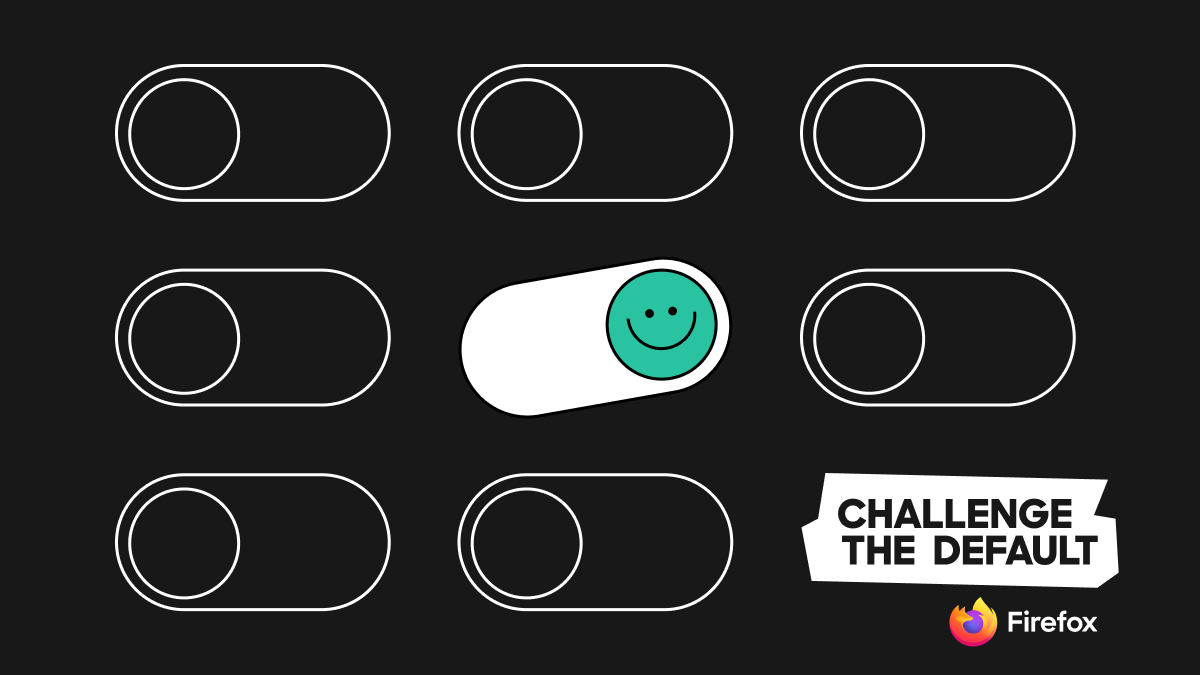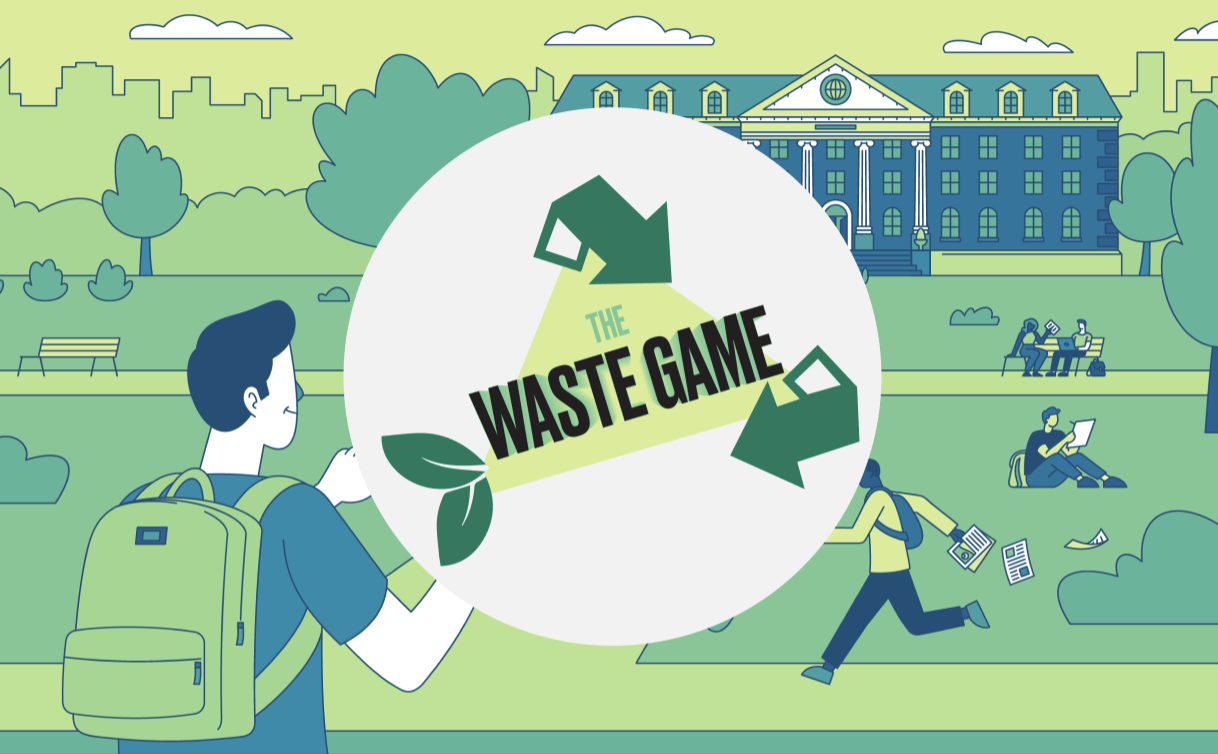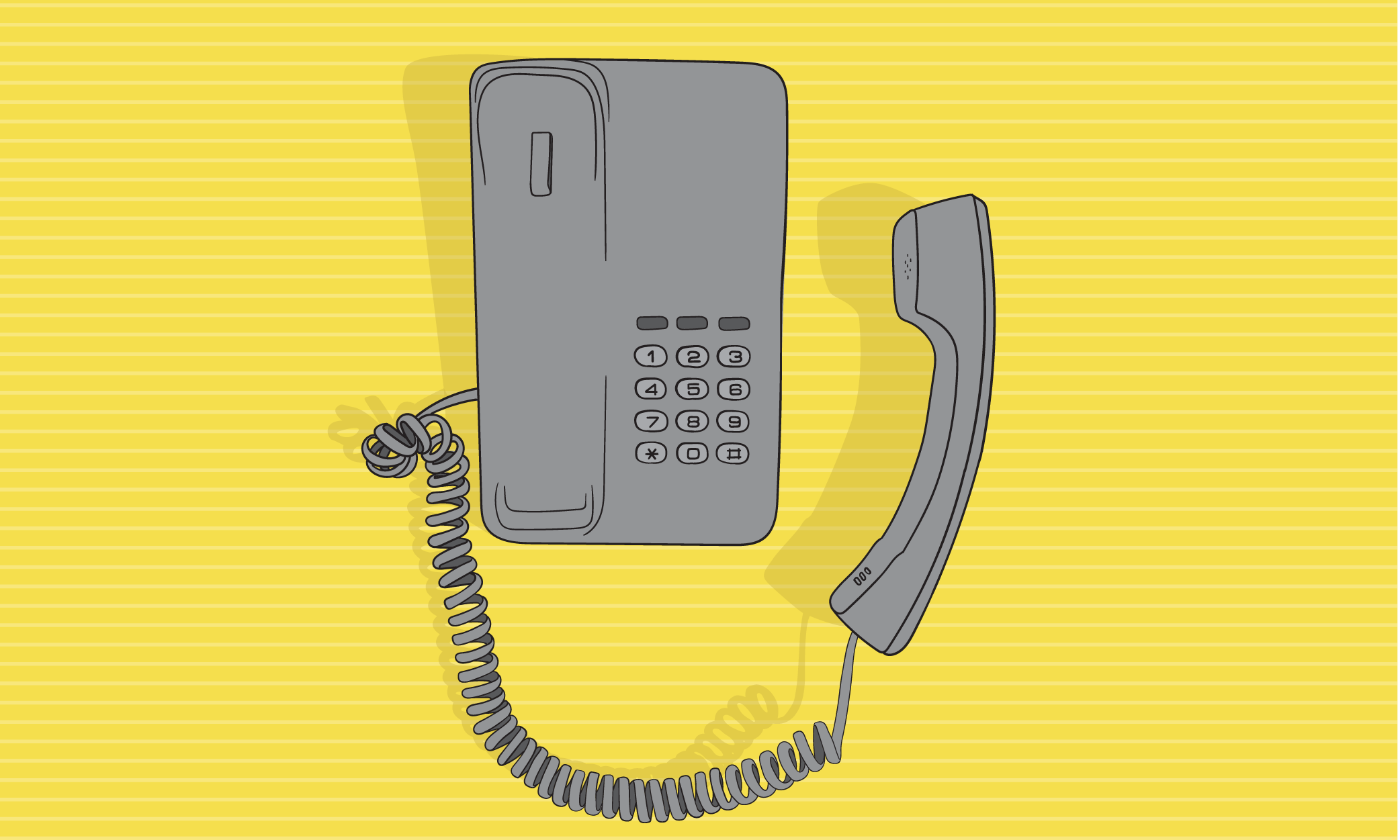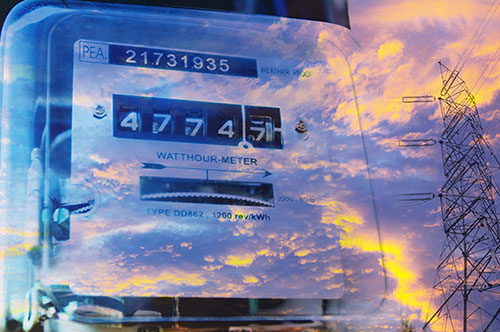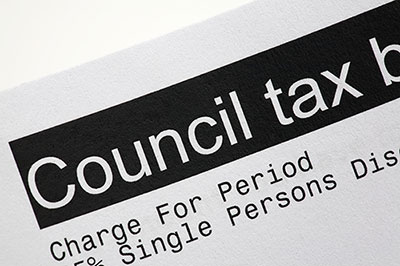Sustainability
Reducing waste one coffee cup at a time
2023
PARTNERS
Environmental Protection Agency (EPA)
Irish Universities Association (IUA)
University College Dublin
eCups
Share
We worked with the Environmental Protection Agency (EPA) and University College Dublin (UCD) to test a comprehensive reusable cup scheme to help tackle behavioural barriers among students and staff.
As part of the EPA-IUA Campus Living Labs Sustainability Project, we conducted a behavioural diagnosis across four participating universities to study the barriers and enablers that influence waste prevention and recycling behaviours. The behavioural diagnosis included an extensive review of the literature and in-depth interviews with participating universities.
From the diagnosis, we identified disposable cups as a major source of waste on campus. Contrary to popular belief, disposal cups cannot be recycled in Ireland, making them particularly troublesome to dispose of properly. As a result, single-use cups not only produce a lot of waste, but also contaminate recycling bins, rendering the bins non-recyclable and therefore leading to additional waste. Further, educating students on recycling procedures can be a complicated and expensive process for universities as students are a transient population.
Reusable cups are the usual proposed solution to the issue of single-use cup waste and are available for purchase on the UCD campus, but students lack incentives to purchase them. Furthermore, those who do purchase reusable cups often do not use them consistently.
There was a need to trial a comprehensive reusable cup scheme.
For this project, we designed two interventions to address the identified barriers and enablers of reusable cup uptake and use. Both interventions were rolled out on the UCD campus. The first intervention focused on encouraging the take-up of reusable cups among university students and staff through the implementation of the eCup scheme. A unique feature of the eCup scheme is its mobile app that can be used to track waste reduction and reward users based on cup usage.
To promote the scheme, we collaborated with UCD Green Campus to design an email campaign aimed at reducing the upfront cost of reusable cups by providing randomised discounts of 50%, 10%, or no discount. UCD Green Campus also promoted the eCups scheme on social media and through physical posters and student ambassadors. The effectiveness of the discounts on reusable cup purchase was evaluated via a randomised controlled trial (RCT).
The second intervention focused on promoting the habit of using reusable cups consistently among participants who had purchased an eCup during the first trial. The effectiveness of the scheme on promoting continuous reusable cup use was then assessed through data collected through the eCups mobile app and a follow-up survey. The follow-up survey covered eCup users, other generic reusable cup users, and non-reusable cup users. For eCup users, the survey aimed to understand user experience including usage patterns, motivations, challenges and suggestions for improvement. In the case of non-eCup users, the survey looked to understand their reasons for not participating.
Additionally, during the evaluation stage, we conducted a comparative analysis of reusable cup schemes currently available across the four participating universities. We found that universities mostly use deposit and return schemes, where students and staff can simply leave a deposit for the cup, which is refunded once the cup is returned. These schemes address the barrier of forgetting reusable cups at home, by allowing students and staff to pick one up on the go. However, this kind of scheme often faces issues such as delayed returns, as people may forget to bring the cups back.
Adopting a multifaceted approach to encourage the take-up and use of reusable cups.
We found that discounts were ineffective in promoting reusable cup take-up, as early adopters of the eCups scheme were primarily motivated by pro-environment attitudes rather than economic factors. Additionally, the scheme did not outperform generic reusable cups when it came to frequency of use1. The scheme was unable to fully address the challenges of inconvenience and forgetfulness. Recommendations on ways to improve the eCup scheme from the follow-up survey included increasing availability of the cups around campus, as well as opportunities for students to clean them before reusing them, improving the scanning process, and providing better rewards and incentives for continuous use and, finally, increasing awareness.
Based on the findings, our overall recommendation is for universities to put in place a multifaceted approach to reduce the use of single-use cups on campus, which will allow them to target different user groups. Awareness campaigns to encourage the take-up of reusable cups should also address these distinct user groups. We identified two target groups: highly-engaged users who own a reusable cup and users with low to moderate engagement who do not own a reusable cup.
For the segment of highly-engaged users, we recommend the continuous sale of reusable cups on campuses paired with timely reminders, conditional rewards and feedback. This system would address the barriers of forgetfulness and inconvenience and further encourage regular use.
On the other hand, for the group who does not yet own a reusable cup, or has no interest in owning one in the future, a deposit and return scheme should be implemented, allowing students and staff to reap the benefits of a reusable cup without needing to purchase one. Additionally, this scheme should be paired with a mobile app to track use and incentivise timely returns, or penalise late ones, such as the one used in the eCup scheme.
Finally, the comparative analysis showed that, while reusable cup schemes are a good first step towards reducing waste generation on campuses, universities should gradually move towards a campus-wide ban on single-use cups. Disposable cups represent convenience that may be difficult to forgo, even on campuses with deposit and return schemes.
An intensive awareness campaign should be implemented alongside these initiatives to engage students and make them feel part of the collective efforts in reducing waste on campus.
1 We would like to note that this intervention was rolled out for a limited time only. Additionally, due to trial feasibility, eCups were used as a purchase-only scheme, rather than a deposit-and-return scheme for which they were originally designed.



